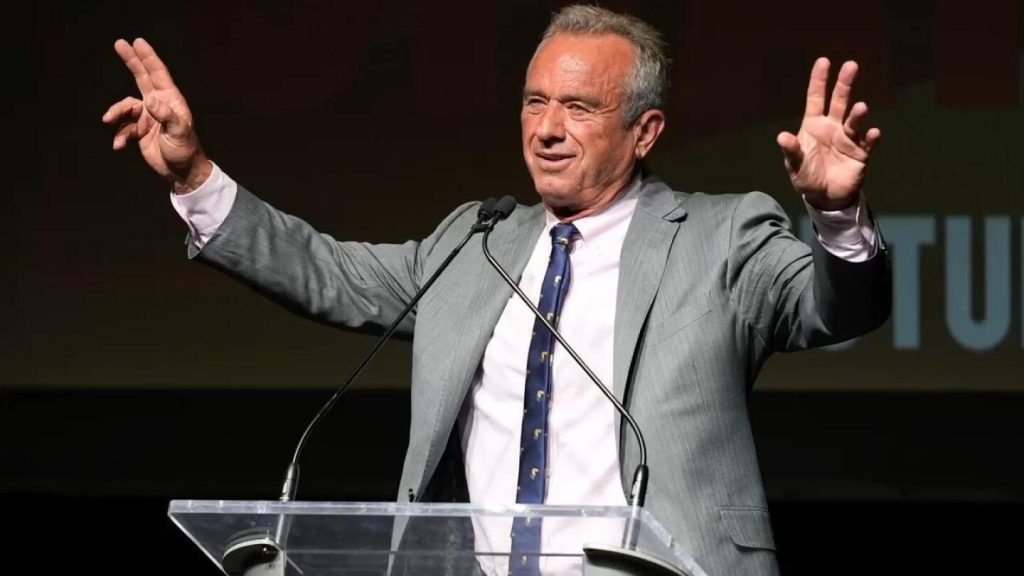Third-party candidates in American politics have historically struggled to break through the dominance of the two-party system. From Theodore Roosevelt’s 1912 run as a Progressive Party candidate to Robert F. Kennedy, Jr.’s recent bid in 2024, third-party candidates have faced numerous challenges in gaining traction and making a significant impact on elections. Despite efforts to provide alternative options to voters, third-party candidates often struggle to compete with the resources and support enjoyed by the Democratic and Republican parties.
The two-party system in the United States has long been entrenched, with the Democratic and Republican parties holding a virtual monopoly on political power. Third-party candidates, such as those from the Green Party, Libertarian Party, or Independent Party, have faced an uphill battle in gaining recognition and support from voters. Without the same level of funding, media coverage, and institutional support as the major parties, third-party candidates often struggle to gain momentum and visibility in elections.
Despite the challenges they face, third-party candidates continue to play a role in American politics by providing alternative viewpoints and policy proposals. These candidates often represent marginalized or underrepresented voices in the political spectrum, advocating for issues that may not be given priority by the major parties. While third-party candidates may not always win elections, their presence can influence the political discourse and push the major parties to address certain issues or concerns.
In recent years, third-party candidates have faced increasing scrutiny and criticism for potentially playing a spoiler role in elections. Some argue that third-party candidates can siphon off votes from major party candidates, potentially changing the outcome of an election. This has led to debates about the impact of third-party candidates on electoral outcomes and calls for voting system reforms, such as ranked-choice voting, to address these concerns.
Despite the challenges and controversies surrounding third-party candidates, there is still a demand for alternative voices in American politics. Many voters express dissatisfaction with the current two-party system and seek out alternative candidates who represent their values and beliefs. As the political landscape continues to evolve, third-party candidates may find new opportunities to challenge the status quo and offer voters a different path forward.
In the upcoming 2024 election, third-party candidates like Robert F. Kennedy, Jr. are gearing up for another attempt at breaking through the two-party system. While the odds may be stacked against them, these candidates remain determined to make their voices heard and offer voters a different choice on the ballot. As the election season unfolds, the role of third-party candidates in American politics will continue to be a topic of debate and discussion among voters, policymakers, and political observers alike.















